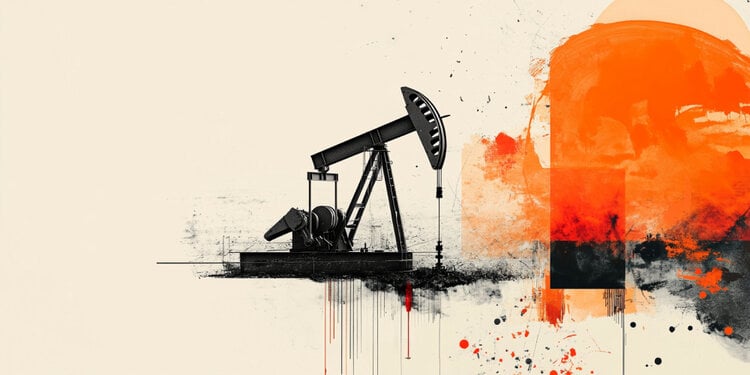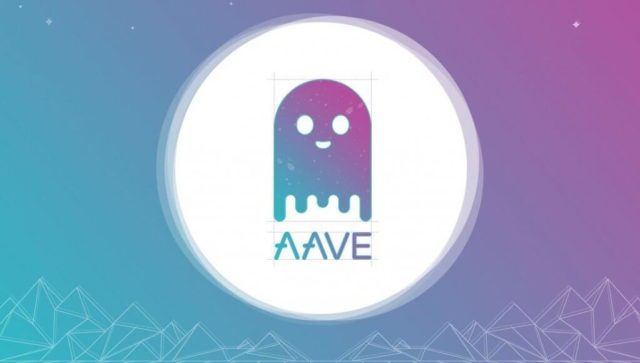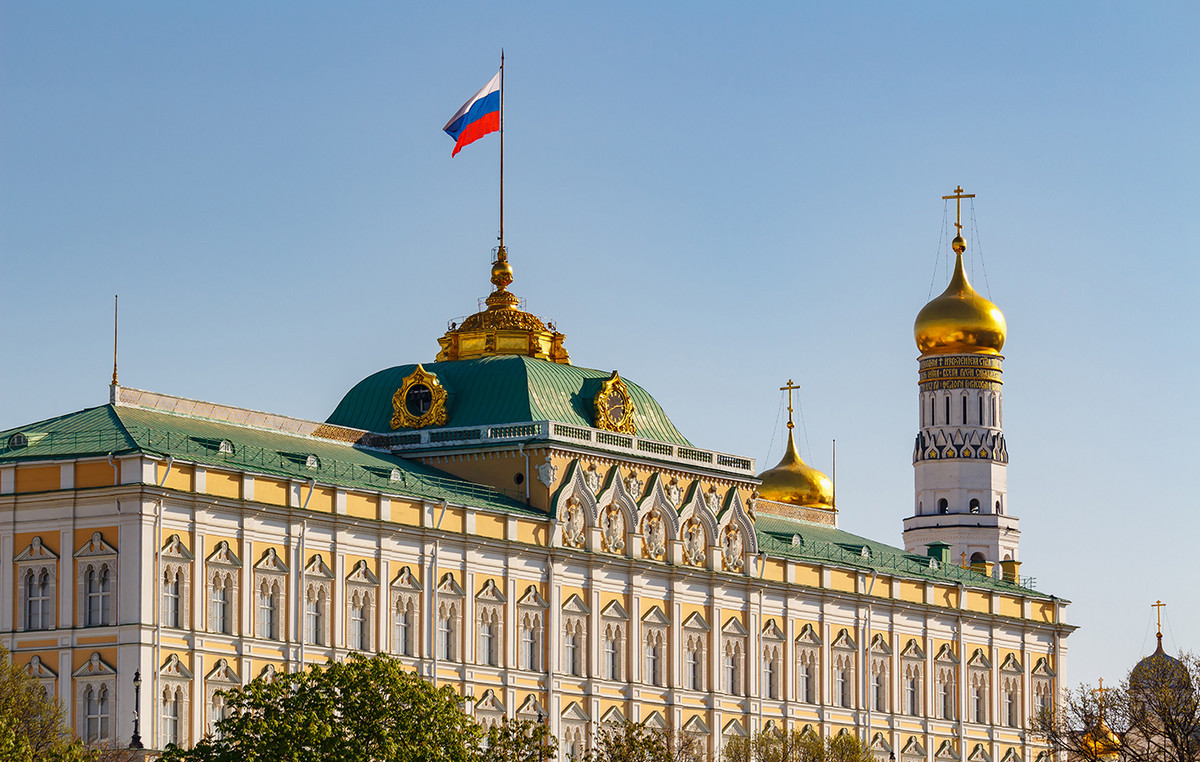To CNN Specialist in economics Alexandre Schwartsmanthe problem of inflation in Brazil will not be solved as projects like the Fuels PECwhich run the risk of generating price increases in other sectors due to the current degree of spread of inflation in the economy.
He told the CNN this Wednesday (9) that the proposal “will not solve the problem, maybe it will for a while, but as inflation is widespread, it will appear elsewhere”.
“The Central Bank itself warns that if it does this by blowing up public accounts, as is supposed to be in line with the so-called PEC kamizake, there will be a more expensive dollar that will contaminate other prices, so all that is left is to use monetary policy” , it says.
Schwartsman assesses that Brazil is seeing a phenomenon of inflation “quite resilient”, with consecutive highs for a few months. For him, even the slight deceleration in January 2022 compared to December “was much more the result of some things that contributed to the downside, a slight drop in fuels, energy”.
“When we look at the work as a whole, the whole is bad. In January, almost 3/4 of the 377 goods and services surveyed by the IBGE to compose the IPCA registered price increases. This shows widespread inflation, practically at the same level as in December. There is no one-off thing,” he says.
The expert also says that core inflation, which tries to remove accidental or volatile factors from the price index, is also close to 10% per year, which shows a “complicated inflationary process”.
For him, it would be possible that the central bank did not raise the basic interest rate so much, the Selic rateif the government had “controlled its spending, had a proposal to control its spending”, which is not the case.
With that, Schwartsman expects a Selic rate at the end of the high cycle of 12.5%, 12.75% per year. “Will it manage to reduce inflation? It will, it will remain above the target, but lower than last year and lower than today, but it will be very expensive”.
“The problem at the Central Bank is a huge inertia coming from last year’s inflation. It allowed itself a very high deviation, so it will take time to bring it back. We would have made it maybe if the Central Bank had been more aggressive at the beginning, but neither the BC and none of us had any idea that inflation would remain so high until the end of 2021,” he says.
In this sense, he believes that the dissemination and intensification of the inflationary process are linked to the government’s fiscal policy.
“It was not by chance that this dissemination, greater resilience happened exactly when it became clear that the Brazilian fiscal framework was going down the drain, when the discussion of the PEC of the Precatórios, end of the spending ceiling, when it became clear that the government’s fiscal commitment was being eroded very quickly, inflation expectations also became discouraged and the phenomenon became widespread”.
For him, “much of this guilt has its roots in the fiscal policy of the federal government”.
For the next few months, Schwartsman projects a drop in inflation in the first half of the year, but still around 8%. The expectation is for a greater deceleration in the second half, but with the index ending still above the target.
“There is an ongoing deceleration, but it will not deliver inflation within the target, and worse, it will deliver above its upper limit, which is 5%”.
Source: CNN Brasil
I am Sophia william, author of World Stock Market. I have a degree in journalism from the University of Missouri and I have worked as a reporter for several news websites. I have a passion for writing and informing people about the latest news and events happening in the world. I strive to be accurate and unbiased in my reporting, and I hope to provide readers with valuable information that they can use to make informed decisions.







